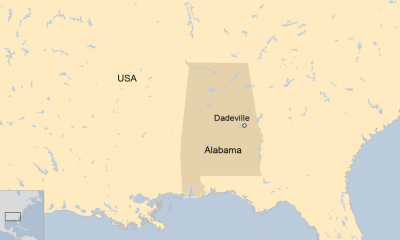Foreign News
Kenneth Eugene Smith faces first nitrogen execution in US after losing last-minute appeals
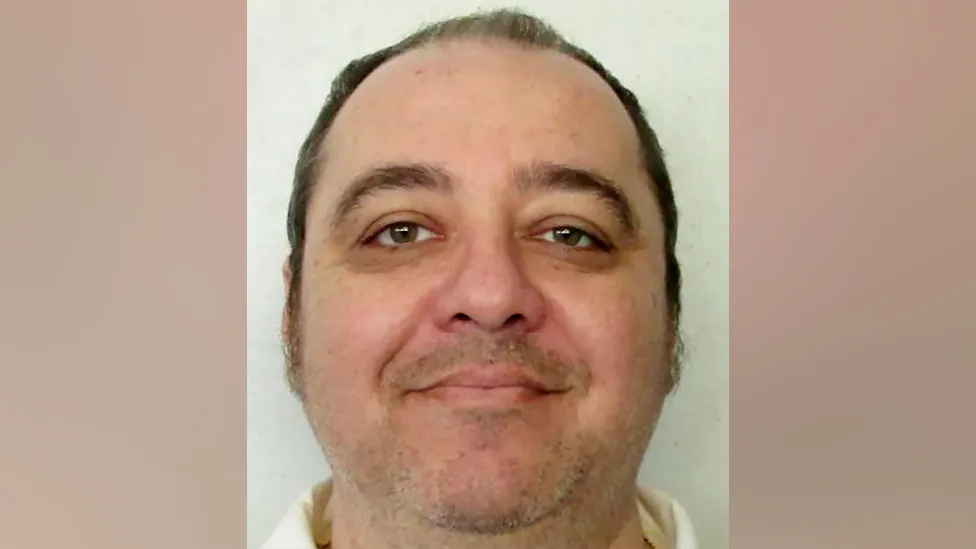
An Alabama death row inmate is expected to become the first person in the US to be executed with nitrogen gas, after losing last-minute appeals.
The US Supreme Court and a lower appeals court declined to block what Kenneth Eugene Smith’s lawyers called a “cruel and unusual” punishment.
Opponents say using nitrogen could cause unnecessary suffering, and a leak could harm people present in the room.
Smith, 58, was convicted in 1989 of murdering Elizabeth Sennett.
Alabama has 30 hours to carry out the execution, which involves pumping nitrogen gas through a mask, from Thursday at 0600 GMT (0100 ET).
He told the BBC earlier this week that the wait felt like torture.
Smith would be the first person to be put to death by this method in the US and, according to the Death Penalty Information Center, anywhere in the world.
Lawyers for the inmate, who has been on death row since 1996, told the BBC on Wednesday night that they were lodging another appeal to the nation’s top court in the hope of a last minute reprieve.
Breathing pure nitrogen without oxygen causes the cells to break down and leads to death. Alabama said in a court filing that they expect him to lose consciousness within seconds and die in a matter of minutes. But its use has been denounced by some medical professionals, who warn it could cause a range of catastrophic mishaps, ranging from violent convulsions to survival in a vegetative state.
Alabama and two other US states have approved the use of nitrogen hypoxia as an alternative method of execution because the drugs used in lethal injections have become more difficult to find, contributing to a fall in the number of executions nationally.
Alabama already tried to execute Smith by lethal injection two years ago but were unable to raise a vein before the state’s death warrant expired.
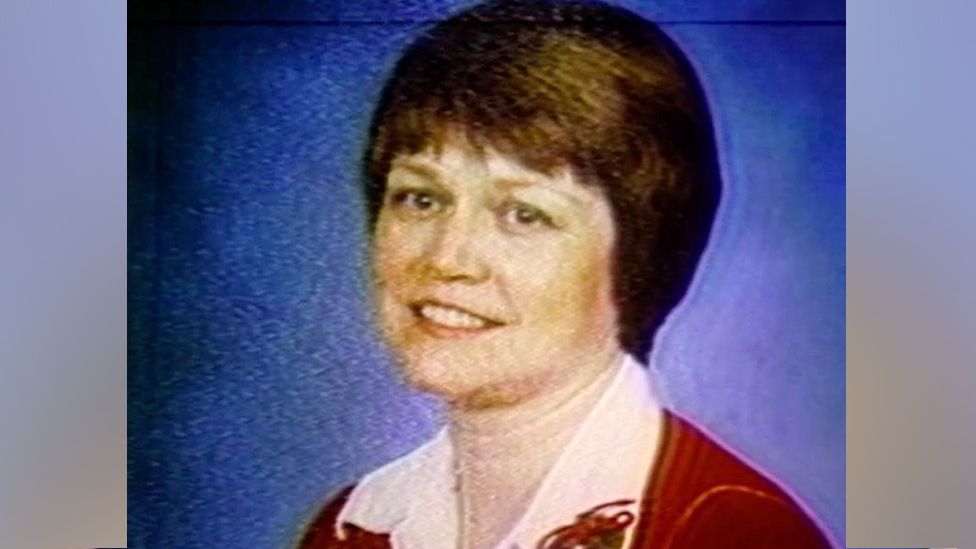
Smith was one of two men convicted of murdering 45-year-old Sennett in a $1,000 (£790) killing-for-hire in March 1988. She was beaten with a fireplace implement and stabbed in the chest and neck, and her death was staged to look like a home invasion and burglary.
Her husband Charles Sennett, a debt-ridden preacher, had orchestrated the scheme to collect insurance money. He killed himself as investigators closed in. Smith’s fellow hitman, John Forrest Parker, was executed in 2010.
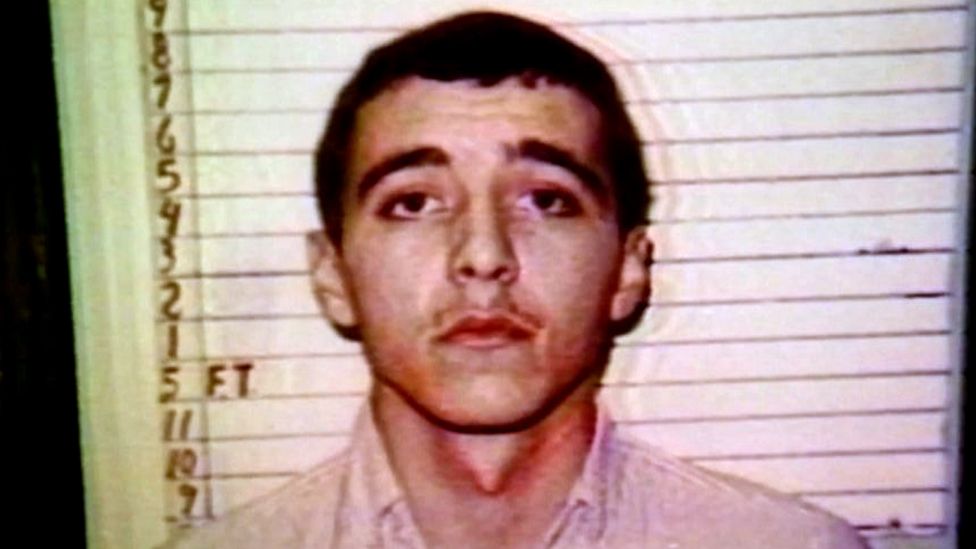
At his trial Smith admitted to being present when the victim was killed, but said he did not take part in the attack.
The UN’s High Commissioner for Human Rights has said gassing Smith could amount to torture or other cruel, inhuman or degrading treatment, and called for a halt. Smith’s lawyers lodged a challenge with the Supreme Court, arguing that putting convicts through multiple execution attempts violates the Eighth Amendment of the US Constitution, which protects against “cruel and unusual” punishment.
On Wednesday, the justices declined to hear the appeal and denied his request to halt the execution. No justice publicly dissented from the ruling.
Smith also made a separate legal challenge to the lower 11th US Circuit Court of Appeals, where he contested the legality of Alabama’s nitrogen gas protocol. But that court also rejected the inmate’s request for an injunction in a ruling on Wednesday evening.
Smith’s lawyers said they would again appeal to the Supreme Court.
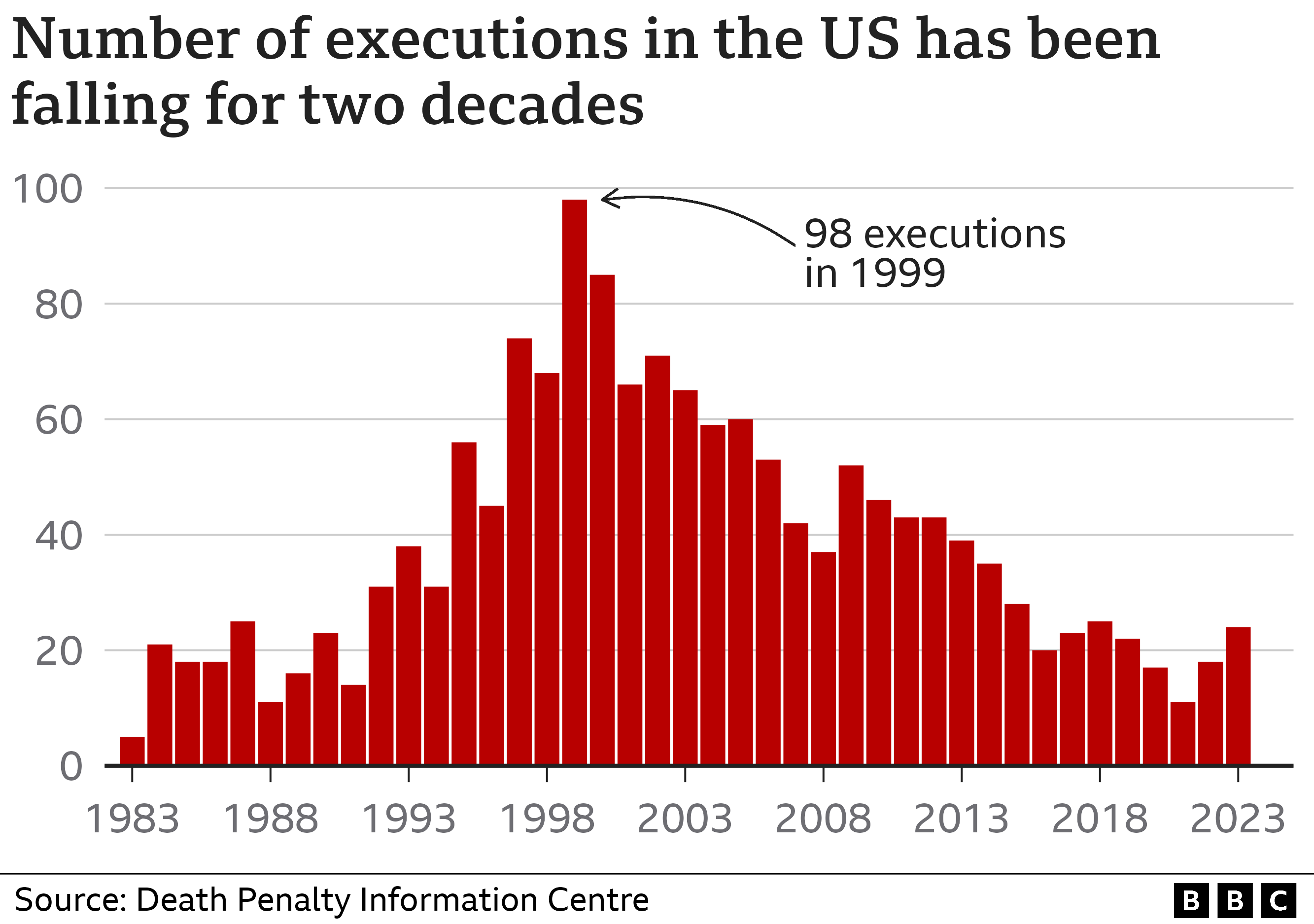
His legal team argue the nitrogen gas method is “recently released and untested”, leaving him at risk of choking on his own vomit.
State Attorney General Steve Marshall previously called it “perhaps the most humane method of execution ever devised”.
Smith’s spiritual adviser, Reverend Jeff Hood, will be present in the room when the execution happens. He told the BBC he believes he will be in danger if the nitrogen leaks.
On Wednesday, prison officials escorted Rev Hood for a “walk-through” of the execution chamber, as required by Alabama’s execution protocol.
He told the BBC afterwards that he saw oxygen-level meters unplugged on a ledge inside the room, which he described as “unbelievably disturbing, it feels like you are at the centre of evil”.
“I asked ‘what’s the safety plan?’ and they said they didn’t want to get into it, they couldn’t get into it,” he said. “Once again we’re back at this place of having to rely on these people who have botched three executions in the last few years, he said. “It’s absolutely a terrifying thing to think that your life hangs in the balance with these guys”.
Rev Hood said he had requested that Alabama’s Governor Kay Ivey be present in the chamber during the execution to demonstrate her confidence in its safety, but had not received a response. “We have somebody who is championing this type of execution in the governor and yet she is unwilling to get her hands dirty,” he said.
The BBC has approached Ms Ivey’s office for comment regarding this and the latest accusations over safety.
Alabama has one of the highest per capita execution rates in the US and has 165 people currently on death row.
Since 2018, the state has been responsible for three botched attempts at lethal injection in which the condemned inmates survived.
The failures led to an internal review that largely placed blame on the prisoners themselves.
(BBC)
Foreign News
Trump exempts smartphones and computers from new tariffs
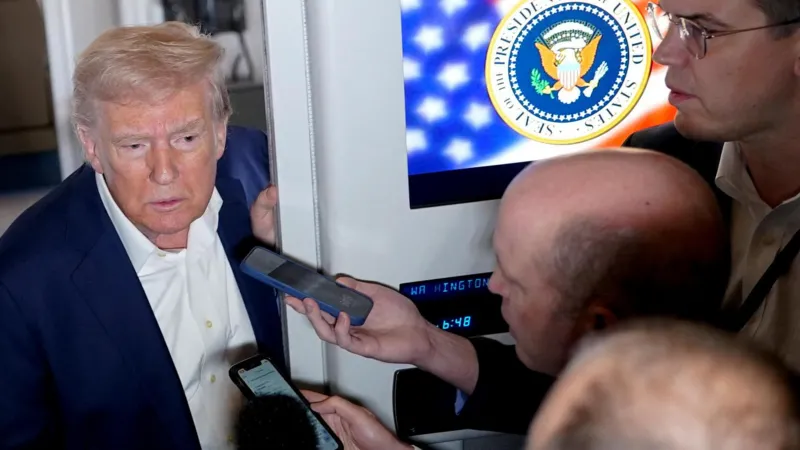
US President Donald Trump’s administration has exempted smartphones, computers and some other electronic devices from “reciprocal” tariffs, including the 125% levies imposed on Chinese imports.
US Customs and Border Patrol published a notice late on Friday explaining the goods would be excluded from Trump’s 10% global tariff on most countries and the much larger Chinese import tax.
The move comes after concerns from US tech companies that the price of gadgets could skyrocket, as many of them are made in China.
This is the first significant reprieve of any kind in Trump’s tariffs on China, with one trade analyst describing it as a “game-changer scenario”.
[BBC]
Foreign News
Nigerian bandit kingpin and 100 followers killed
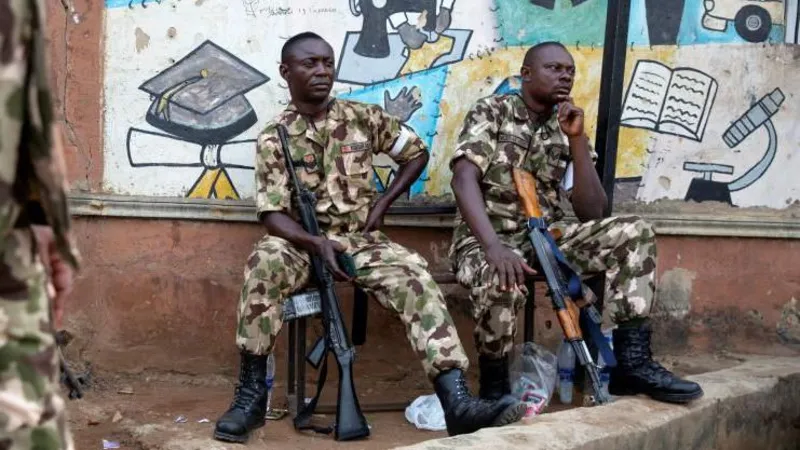
A notorious bandit kingpin and 100 of his suspected followers have been killed in a joint military operation in north-west Nigeria, authorities say.
Gwaska Dankarami was said to have been a high-value target who reportedly served as second-in-command to an Islamic State-linked leader.
The alleged gang leader had been hiding in the Munumu Forest, with authorities reporting that several other criminal hideouts were also destroyed across the state on Friday.
His apparent death comes after bandits kidnapped 43 villagers and killed four others in a deadly attack on a village called Maigora in the northern Katsina State earlier this week.
The police had said that it deployed security forces in pursuit of the kidnappers.
However, this is not the first time Dankarami’s death has been reported.
In 2022, the Nigerian Airforce claimed to have killed him in a similar operation.
The Katsina State commissioner for internal security and home affairs, Nasir Mua’zu, said the killing was a significant milestone in the fight against banditry in the state.
“It is expedient to state that this successful mission has significantly disrupted the criminal networks that have long terrorised communities across Faskari, Kankara, Bakori, Malumfashi, and Kafur,” Mua’zu added.
Security forces said they had also recovered and destroyed two machine guns and locally fabricated shotguns.
In a separate operation on Thursday, security forces killed six bandits, including their commander, while several other bandits escaped with bullet wounds.
Seven motorcycles were also intercepted and recovered during the intelligence-led operation.
Katsina, the home state of former Nigerian President Muhammadu Buhari, has witnessed sporadic attacks by bandits and kidnappers that have claimed many lives.
The state governor, Malam Dikko Umaru Radda, has expressed the government’s determination to eliminate criminals and ensure every forest is thoroughly monitored to protect residents.
The authorities said that the operations are part of a broader effort to restore stability in the state and the north-west region of Nigeria, which has witnessed repeated banditry attacks.
[BBC]
Foreign News
Three rebels, one Indian soldier killed in Kashmir gun battles
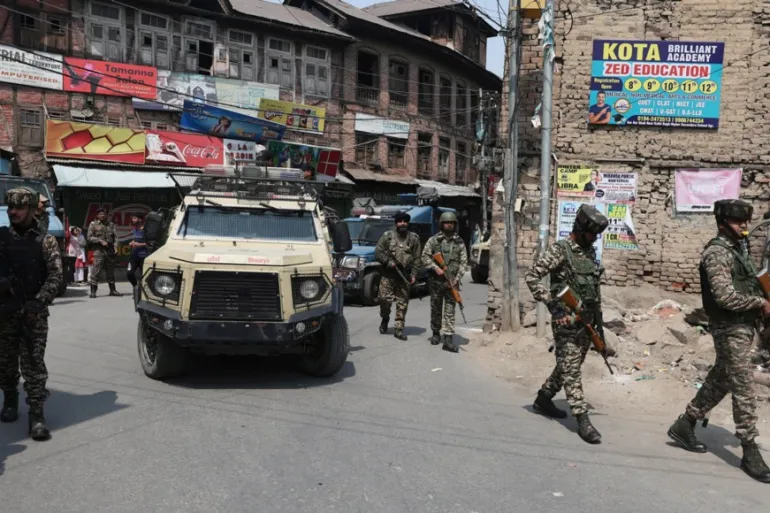
At least three suspected rebel fighters and one Indian soldier have been killed in separate firefights in Indian administered Kashmir less than a week after Interior Minister Amit Shah visited the disputed territory.
The Indian army said on Saturday that Indian soldiers killed three fighters in a gun battle that began on Wednesday in a remote forest in Kishtwar in southern Kashmir.
Senior Indian army official Brigadier JBS Rathi said troops had displayed “great tactical acumen”.
“In the gun battle, three terrorists were neutralised,” he told reporters on Saturday in a commonly used term for rebels opposed to Indian rule in Kashmir.
Weapons and “war-like stores” were recovered from the site, the army’s White Knight Corps posted on social media platform X.
A soldier was killed in a separate incident late on Friday night in Sunderbani district along the Line of Control (LoC), the de facto border that cuts Indian-administered Kashmir into two.
The White Knight Corps said on X troops had “foiled an infiltration attempt” there.
Muslim-majority Kashmir has been divided between nuclear-armed rivals India and Pakistan since their independence in 1947, with both claiming the territory in full but governing only part of it.
India has an estimated 500,000 soldiers deployed in the territory after an armed uprising against Indian rule in the late 1980s.
Thousands of people, most of them Kashmir civilians, have been killed as rebel groups have fought Indian forces, seeking independence for Kashmir or its merger with Pakistan.
In 2019, a report by the Office of the United Nations High Commissioner for Human Rights accused India of human rights violations in Kashmir and called for a commission of inquiry into the allegations. The report came nearly a year after the then UN human rights chief Zeid Ra’ad Al Husseincalled for an international investigation into abuses in the Muslim-majority region.
Last month, four police officers and two suspected rebels were killed in the region in a clash that also wounded several police officers.
The territory has simmered in anger since 2019 when Prime Minister Narendra Modi ended the region’s semi-autonomy and drastically curbed dissent, civil liberties and media freedoms while intensifying military operations.
Thousands of additional troops, including special forces, were deployed across southern mountainous areas last year following a series of deadly rebel attacks that killed more than 50 soldiers over three years.
India regularly blames Pakistan for pushing rebels across the LoC to launch attacks on Indian forces.
[Aljazeera]
-

 Business7 days ago
Business7 days agoColombo Coffee wins coveted management awards
-

 News2 days ago
News2 days agoSuspect injured in police shooting hospitalised
-

 Features3 days ago
Features3 days agoRobbers and Wreckers
-

 Features5 days ago
Features5 days agoSri Lanka’s Foreign Policy amid Geopolitical Transformations: 1990-2024 – Part III
-

 Midweek Review5 days ago
Midweek Review5 days agoInequality is killing the Middle Class
-

 Features7 days ago
Features7 days agoSri Lanka’s Foreign Policy amid Geopolitical Transformations: 1990-2024 – Part I
-

 Business2 days ago
Business2 days agoSanjiv Hulugalle appointed CEO and General Manager of Cinnamon Life at City of Dreams Sri Lanka
-
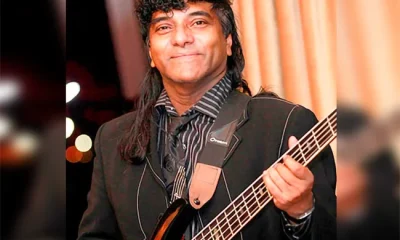
 Features6 days ago
Features6 days agoA brighter future …




